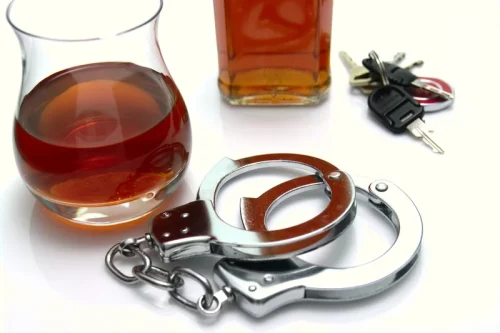
The study also showed that alcohol affected men, women, and both active and sedentary individuals similarly. Perhaps surprisingly, it found that alcohol affected the sleep of younger people more than it did older adults. So while, yes, that glass of wine can enhance your sleep on occasion, remember that it’s certainly not a long-term solution to ongoing sleep troubles and can, in fact, exacerbate the issue. Before reaching for that glass, hear from the experts how alcohol before bed might affect your sleep.
- “REM sleep is related to cognitive ability, including memory, learning and concentration. Disrupting REM can be problematic in optimizing health and performance.”
- Moreover, it can take one hour for your body to process one serving of alcohol.
- During a normal night of sleep, we cycle through periods of light sleep, deep sleep, and rapid eye movement (REM) sleep.
- When you consume alcohol before bed, your body metabolizes the alcohol throughout the night.
- Sleep disorders like insomnia can co-occur with alcohol abuse, and treating insomnia can improve a person’s sleep quality while in recovery.
- Parasomnias Alcohol increases the amount of SWS in the first third of the night.
Why does drinking alcohol affect your sleep?
Insomnia after alcohol withdrawal may, in some cases, persist for months or years. Insomnia is one of the largest setback triggers for people in recovery from an alcohol use disorder. Some people in recovery may try to start drinking again to improve their sleep. However, the alcohol will continue to damage their sleep cycles, and the problem will not get better. The duration of these sleep stages can vary by person and by age. Throughout the night, your brain will cycle through all of the sleep stages multiple times to give you a good night’s rest.

How Does Alcohol Affect Sleep?

Ultimately, no two cases of insomnia are the same, and no treatment plan is right for everyone. Anyone experiencing insomnia should speak with a doctor to learn more about what treatments may work best for them. It can also negatively affect mood, which can, in turn, affect personal relationships.
CBTi as a solution to alcohol-induced insomnia

The homeostatic drive prompts sleep by boosting levels of adenosine when we’ve been awake for too long. Alcohol potentially causes a shorter overall sleep time and disrupted sleep, which lead to next-day fatigue and sleepiness. The more alcohol you drink, the greater the negative effects on your sleep.
If you sleep better when you don’t drink, you might consider stopping alcohol use entirely. However, if you continue to have sleeping difficulties, reach out to a sleep specialist. The key is to drink in moderation and give yourself time before does alcohol help you sleep going to bed, so the alcohol can clear your system. In a normal circadian rhythm, hormones are released at certain times throughout the day. Alcohol interrupts this process, causing abnormalities in how circadian hormones are released.
The Human Sleep Cycles
Poor or insufficient REM sleep has been linked to not only grogginess the next day, but also a higher risk of disease and early death. Anyone who’s ever indulged in a drink or two knows that alcohol can make you real sleepy, real fast. The potential for insomnia treatment to influence alcohol-related consequences has significant implications for the prevention and treatment of problematic alcohol use among young adults. This suggests not only that CBTi is effective in reducing insomnia symptoms but that improvements in insomnia may also result in fewer alcohol-related problems.

When your body is metabolizing alcohol while you’re asleep, you’ll experience more NREM sleep and less REM sleep than you otherwise would. Interfering with your body’s natural rhythms will result in lower-quality sleep overall and may even cause you to wake up throughout the night. In other words, though alcohol may cause you to fall asleep quickly, you can expect a restless night ahead. Additionally, low-to-moderate alcohol consumption is always the best practice for minimizing sleep disruptions or health concerns. The CDC defines moderate drinking as two or fewer drinks for males, and one or fewer for females, in a given day.
How does alcohol affect sleep apnea?

If you experience strong resistance to any of the above steps, it’s worth getting curious about the role of alcohol in your life, and whether this is how you want to live. While certain people are natural moderators who never drink more than the suggested amount, the truth is, most people who drink consistently will eventually need to re-evaluate the way they are drinking. There shouldn’t be shame or stigma about wanting to slow down or stop drinking because needing to do so isn’t the exception; it’s the rule.

